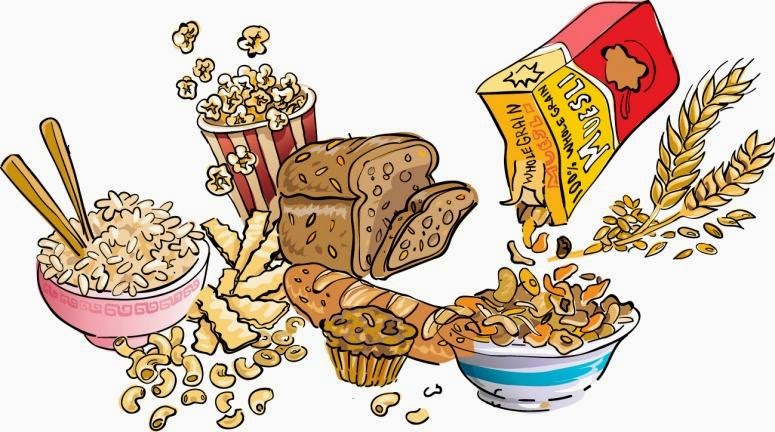When I make baked goods,
or need to replace white flour in a recipe, I generally reach for Quinoa flour.
Sometimes I’ll add oat or buckwheat flours, too.
For store-bought breads I stick to sprouted varieties. For rice or potatoes, I substitute Quinoa, Wheat Berries, brown rice, (I eat Basmati rice even though it's white because it is a slow sugar uptake into the bloodstream).
I avoid dairy, too. I go for the goat when it comes to cheeses, sheep or goat for yogurt, and soy for milk. LaLoo makes amazing ice cream from goat's milk. My favorite is Rumplemint - yum! I love French toast, and by using sprouted bread and soy milk, I can have it. Pancakes, too, by using Quinoa and other flours, and soy milk.
There are some things that I love, but I can't eat because it sends me into a sugar shock, not fun, watermelon, for example. There are some things I eat and it seems like I shouldn't, maple syrup, for example. Maybe because I pair it with food items that are high in fiber and I only use a little bit. It's okay to have things like pasta or rice noodles on occasion, and I enjoy red wine on occasion, too. I simply avoid foods that have a high glycemic index because they either triggers various neuropathies or induces a sugar shock, brain fog, sweating, muscle weakness, or sleepiness. Not so much fun, but totally workable and easy to interact with water, exercise, sleep, or some combination thereof, depending.
To help me figure out what I can or can't have, or discover after the fact why I'm having a reaction, I check out an online GI database.
There are some things that I love, but I can't eat because it sends me into a sugar shock, not fun, watermelon, for example. There are some things I eat and it seems like I shouldn't, maple syrup, for example. Maybe because I pair it with food items that are high in fiber and I only use a little bit. It's okay to have things like pasta or rice noodles on occasion, and I enjoy red wine on occasion, too. I simply avoid foods that have a high glycemic index because they either triggers various neuropathies or induces a sugar shock, brain fog, sweating, muscle weakness, or sleepiness. Not so much fun, but totally workable and easy to interact with water, exercise, sleep, or some combination thereof, depending.
To help me figure out what I can or can't have, or discover after the fact why I'm having a reaction, I check out an online GI database.



























